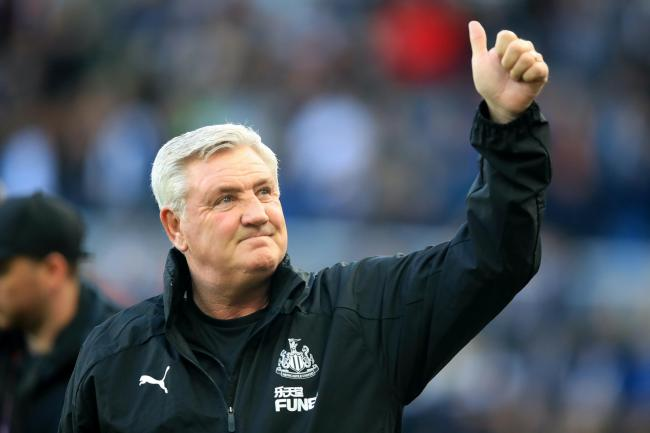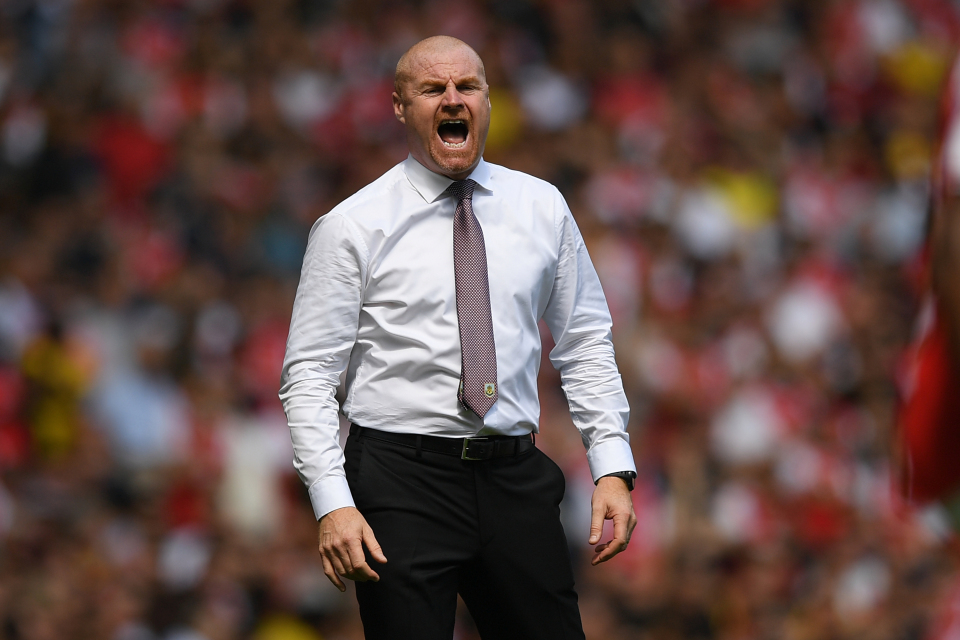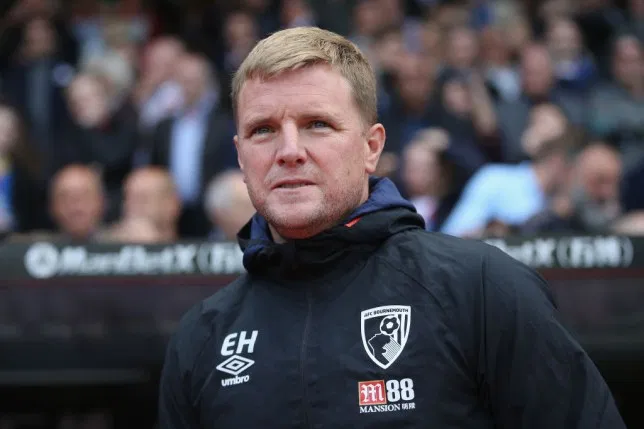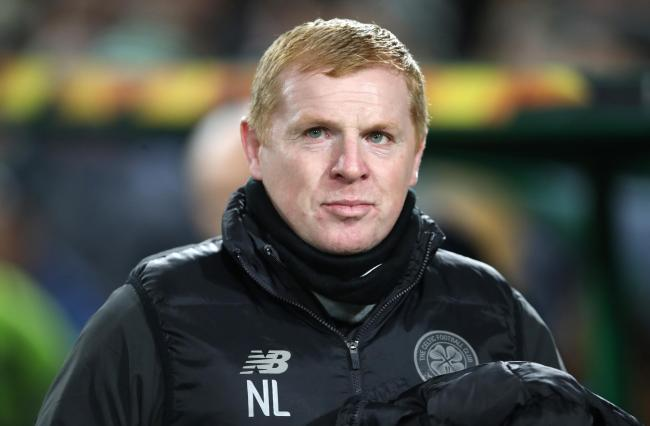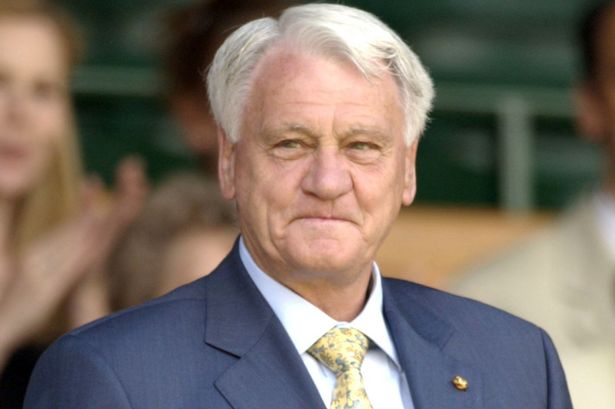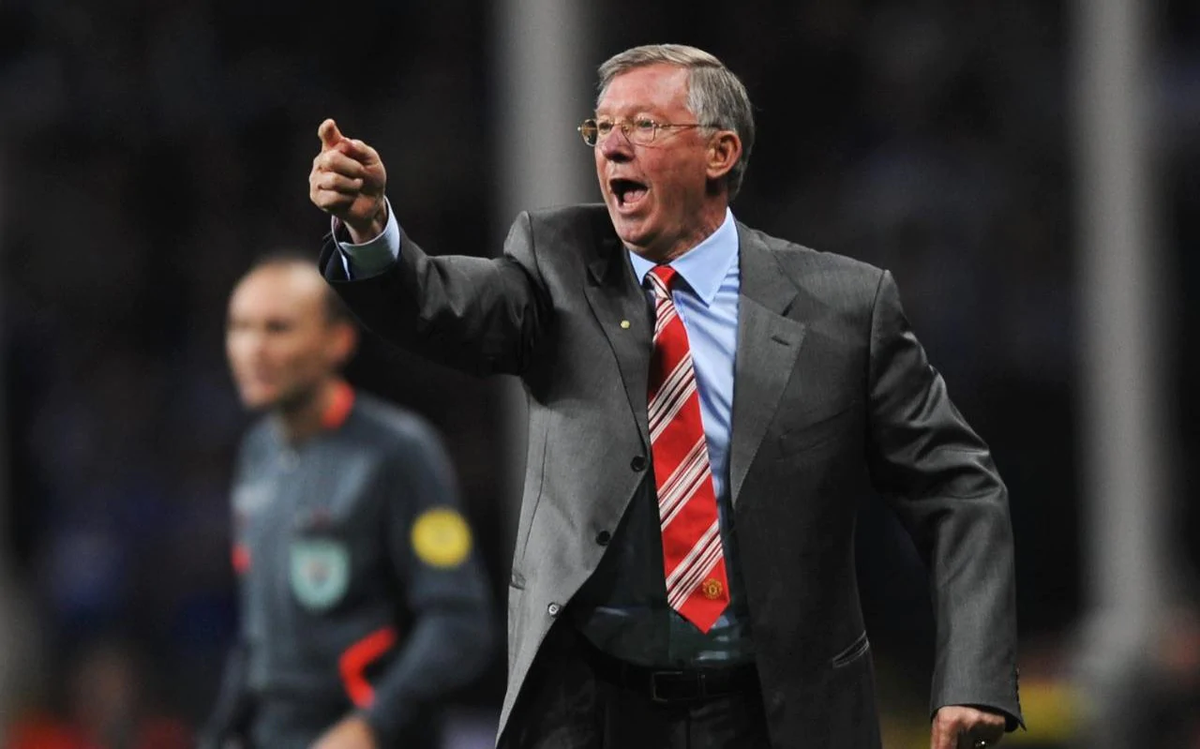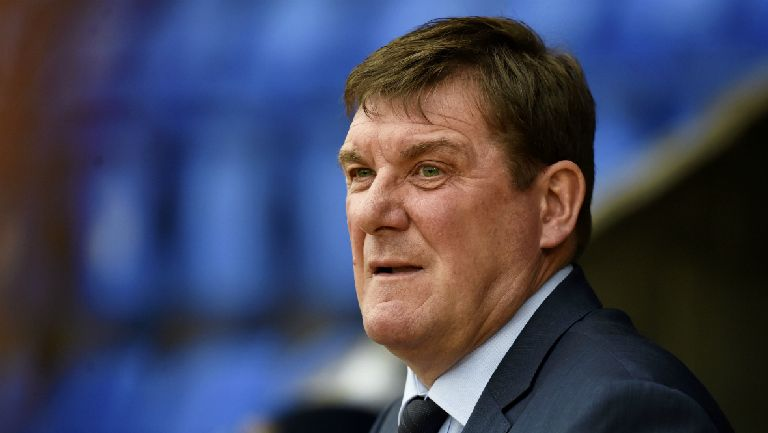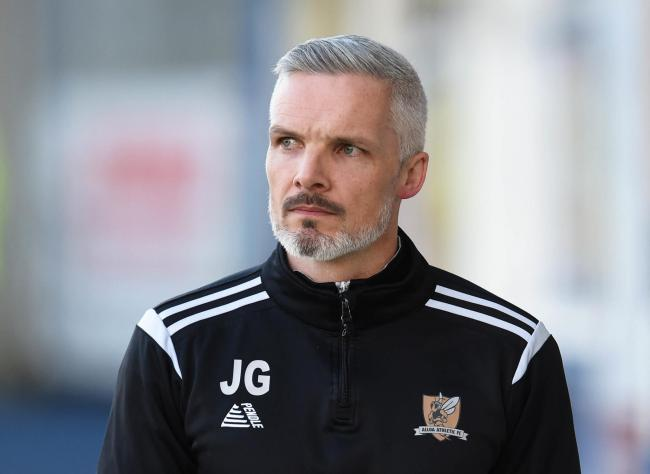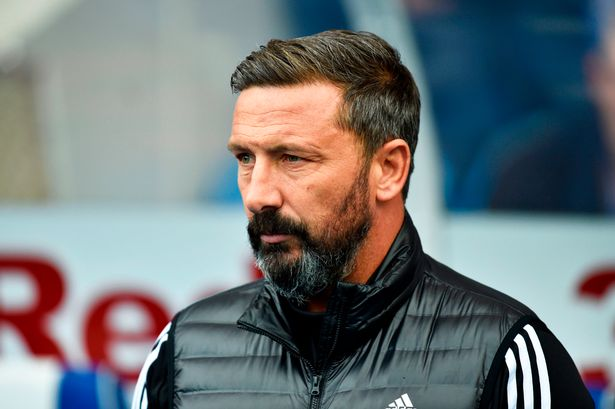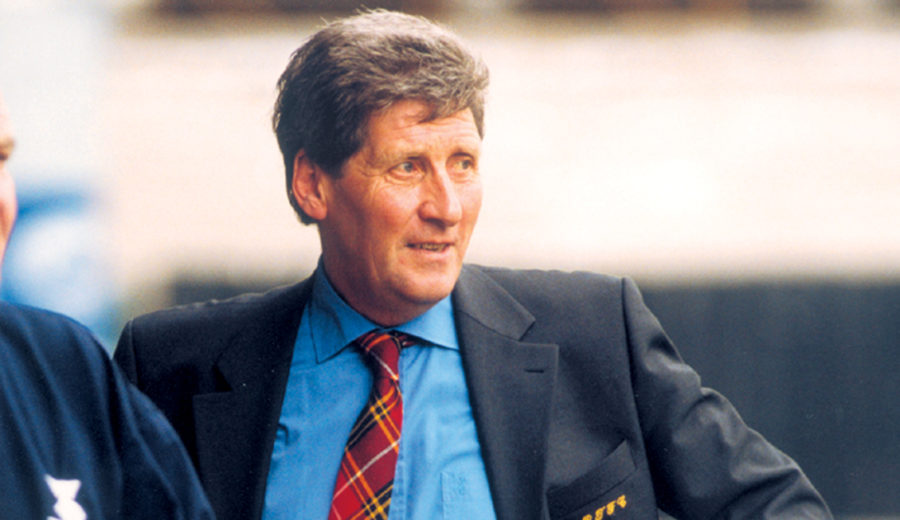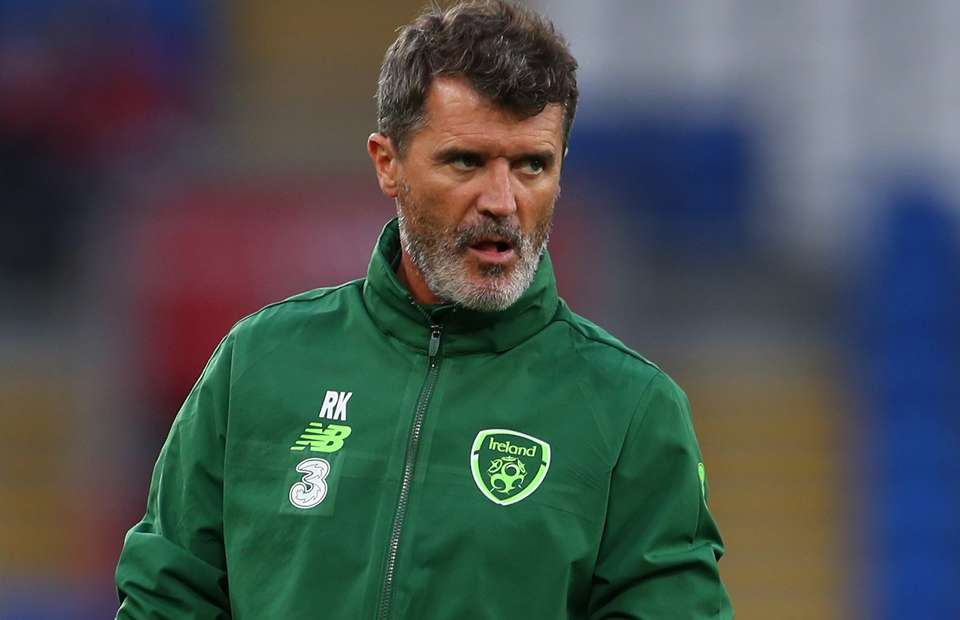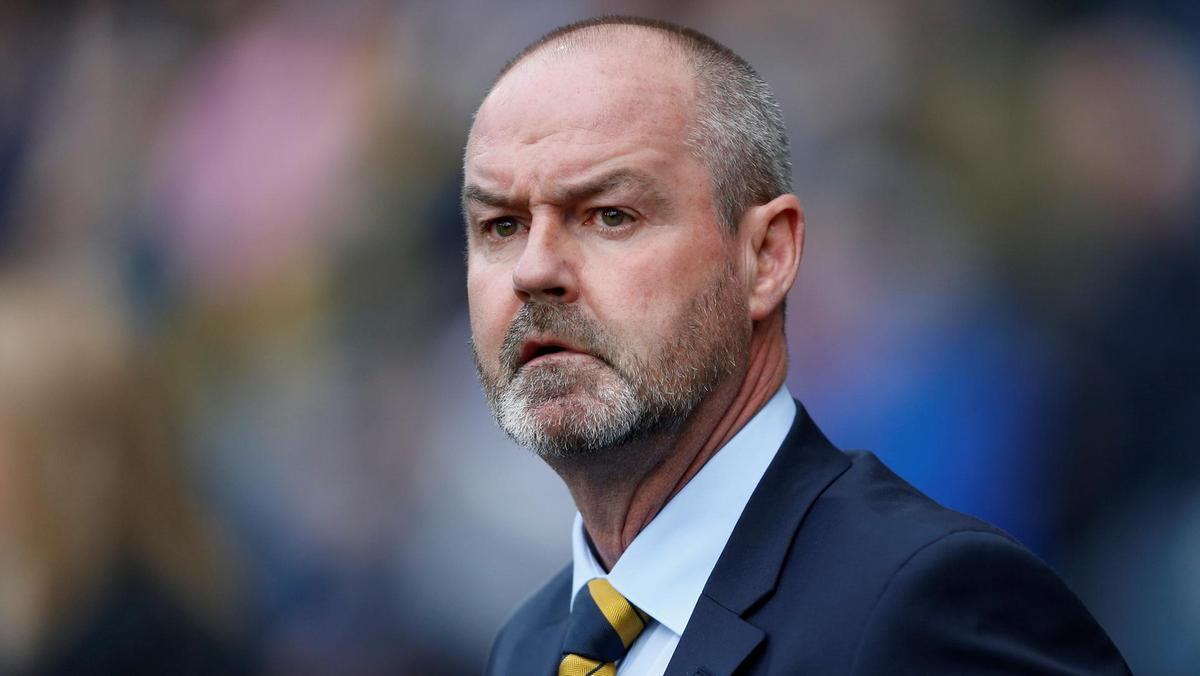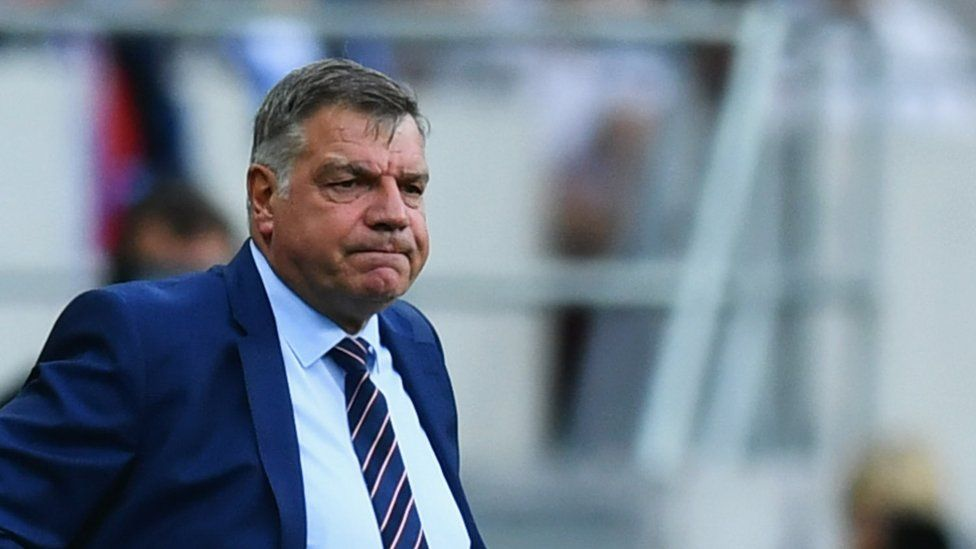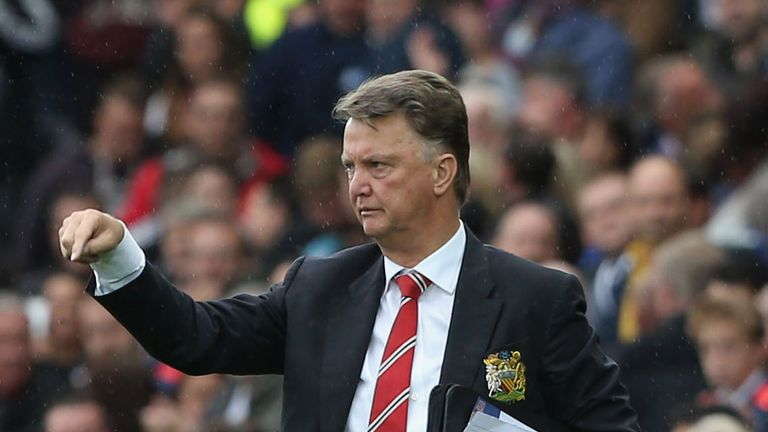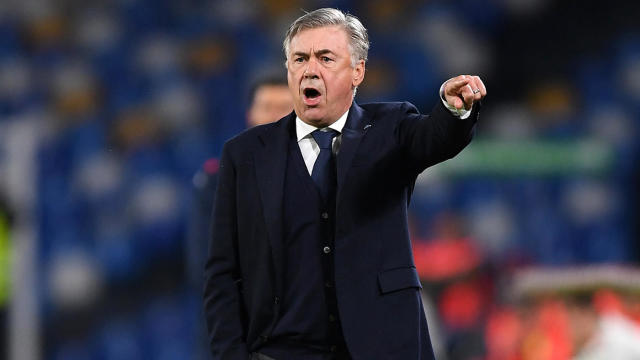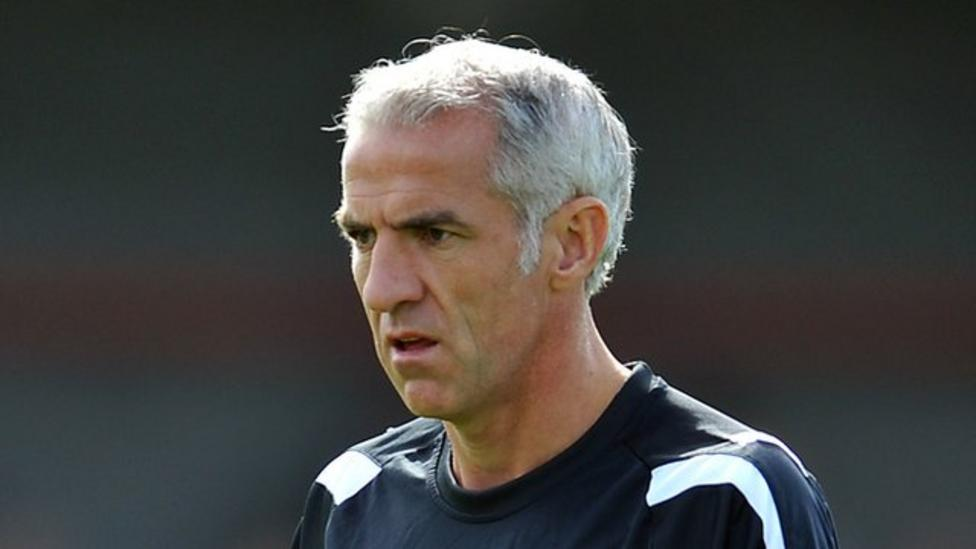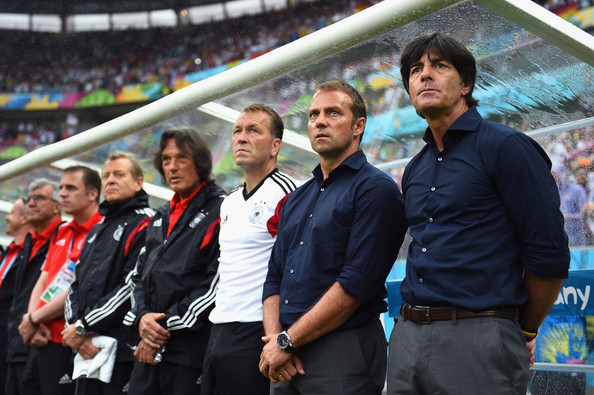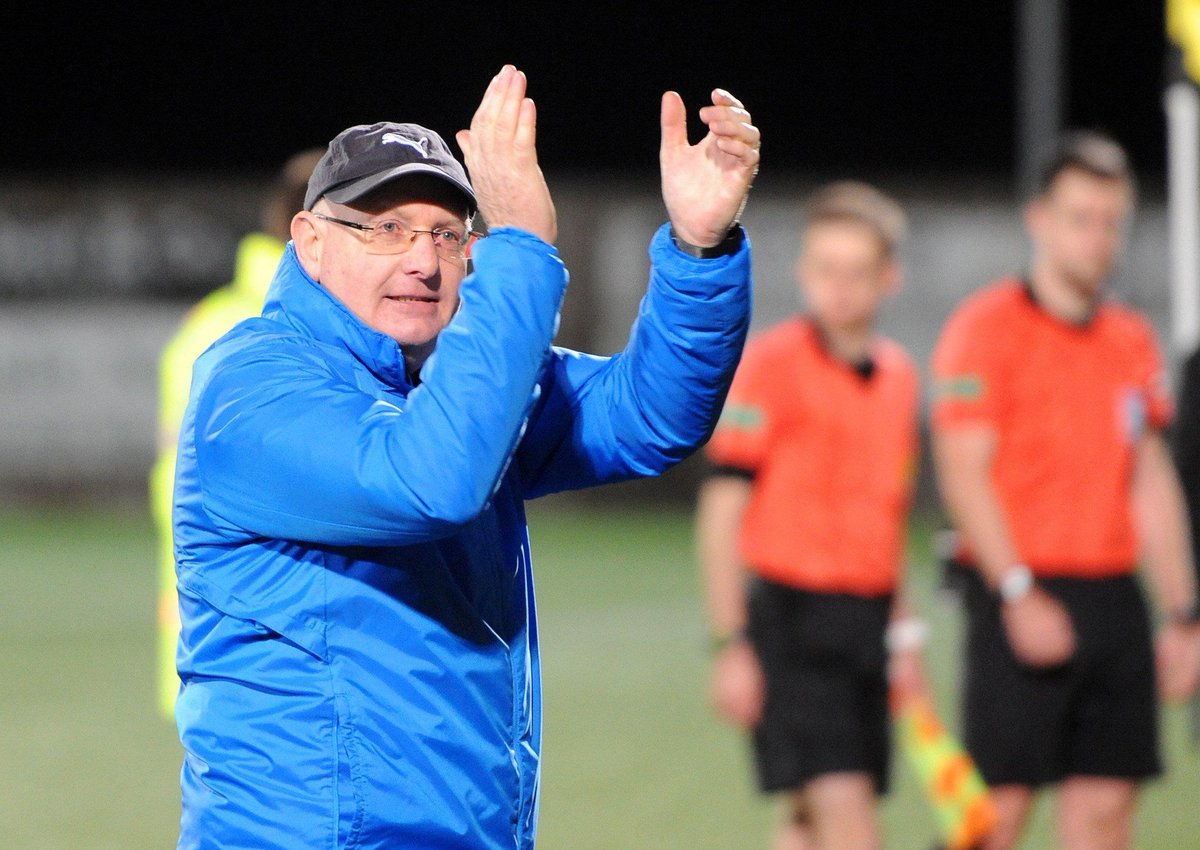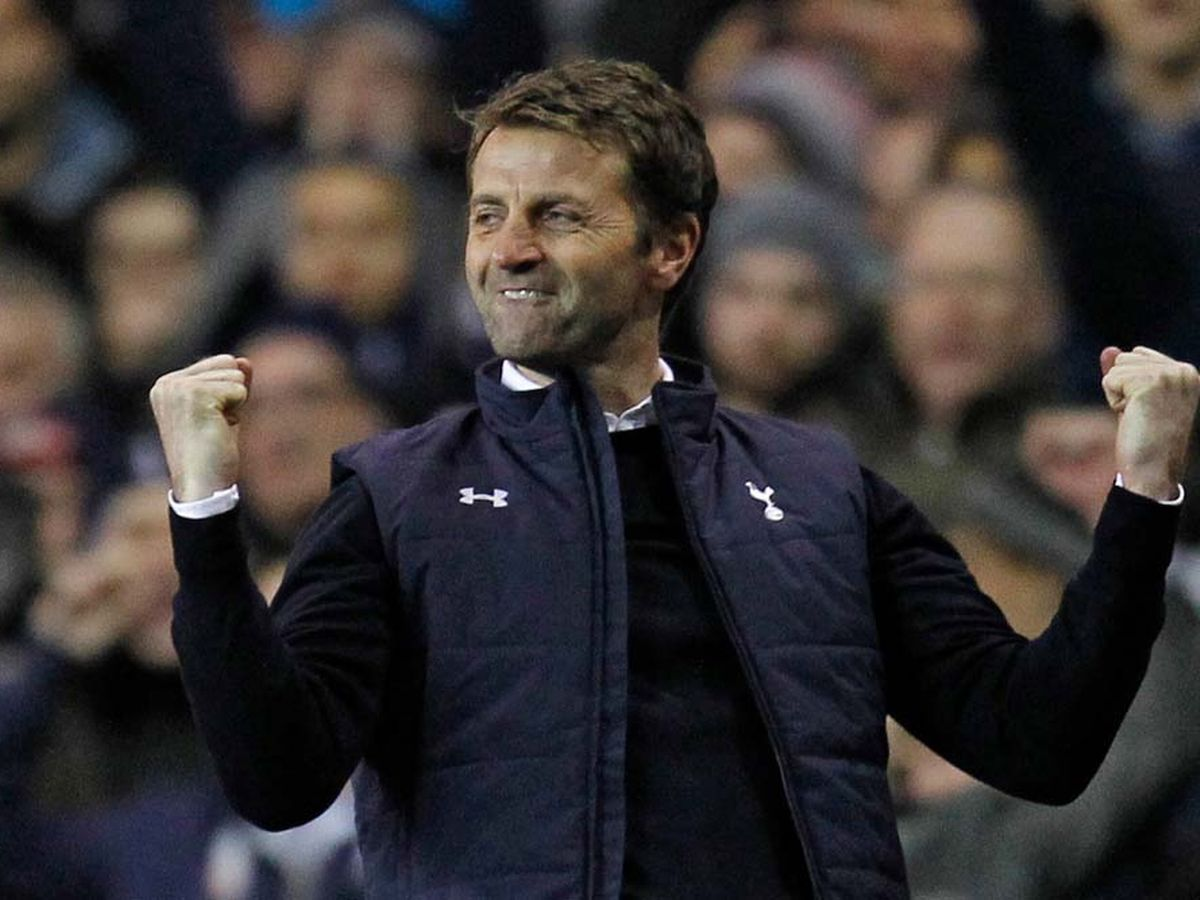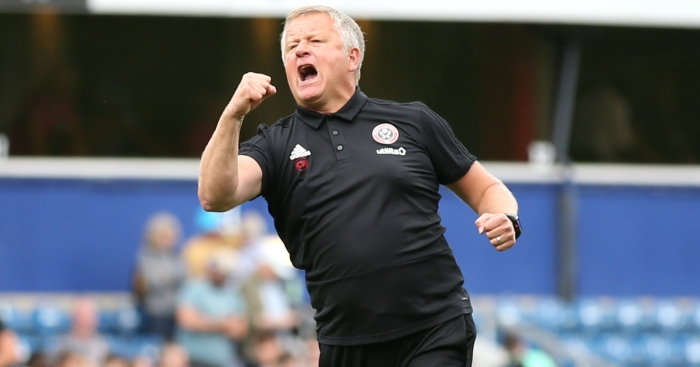Football managers as reviewers: a thread.
Jurgen Klopp: really likes what you& #39;re trying to do with this paper. It& #39;s not quite there yet, but gives you some detailed suggestions to refocus and improve it and a few helpful references. Only problem is review is 4 pages long.
Jurgen Klopp: really likes what you& #39;re trying to do with this paper. It& #39;s not quite there yet, but gives you some detailed suggestions to refocus and improve it and a few helpful references. Only problem is review is 4 pages long.
Pep Guardiola: demands 3 rounds of revisions. Each review starts "whilst this is an improved manuscript, I still have some concerns," followed by a numbered list. But no matter how infuriating, when you read the comments you realise he& #39;s hitting on valid criticisms of your work.
Brendan Rodgers: whilst the ideas are good, his main concern is that the manuscript does not cite key literature. Specifically Rodgers (2016); Rodgers (2017); Rodgers et al (2019); Rodgers (forthcoming).
Ole Gunnar Solskjaer: accepts with minor revisions. Review is 5 lines long and consists of pointing out a couple of grammatical errors/typos, plus a recent paper that came out in the journal you might want to cite (just a suggestion though!)
Frank Lampard: hasn& #39;t reviewed many things before, so is keen to do a really thorough job. Does some extra reading to make sure he understands the topic, provides comments on each section of the paper, and returns his review within 2 weeks.
Jose Mourinho: long paragraphs explaining this is not an original topic, that the points in the discussion are not relevant, and that the methods are not robust. Suggests Major Revisions, but leaves it to you to figure out how to fix it.
Tony Pulis: wants the paper to be more organised. Aims & Objectives should be clearly stated under a separate subheading. Methods section needs more tables. Should be no references in the Results section. Nothing should be cited in the Discussion that wasn& #39;t in the Introduction.
Neil Warnock: Recommendation: REJECT. Review is 3 lines long and likely written entirely in capital letters.
Craig Levein: after slating your paper and returning his review, takes to academic Twitter to tell everyone about the rubbish paper he just reviewed. Knows full well it& #39;s likely yours and that you follow him, but does it anyway.
Marcelo Bielsa: definitely returns additional comments as annotations on the PDF of the original manuscript file.
Nigel Pearson: takes 5 paragraphs to tell you the paper is rubbish and should be rejected. Nothing in there will help you improve for resubmitting to another journal.
Nuno Espirito Santo: absolutely raging that you didn& #39;t mention his two Horizon 2020 projects which deal with this very subject, and which have produced significant results that will be coming out very soon.
Arsene Wenger: does a good, thorough, fair review, but it takes 2 months extra to reach you because he got locked out of Editorial Manager and the journal couldn& #39;t figure out how to submit the review for him or reset his password.
Claudio Ranieri: signs his reviews. Invites you to contact him for extra data. But does return manuscript several times for tinkering with structure, presentation of tables, and referencing.
John Hughes: knows nothing about the method or theory but accepts the review request anyway. Claims the paper is so bad he got an undergrad to write the review (which is BS, he wrote it himself). Wrecks your paper and it takes years to recover  https://abs.twimg.com/emoji/v2/... draggable="false" alt="😠" title="Wütendes Gesicht" aria-label="Emoji: Wütendes Gesicht">.
https://abs.twimg.com/emoji/v2/... draggable="false" alt="😠" title="Wütendes Gesicht" aria-label="Emoji: Wütendes Gesicht">.
Steve Bruce: really enthusiastic at conferences, asks great questions and comes to chat to you in the coffee break. But because everyone in the discipline thinks he& #39;s a hell of a nice guy, they all put him down as a suggested reviewer and he gets inundated with review requests.
Daniel Farke: Comments are mainly about how you could develop the work to fit within a very specific body of theory. Recommends you read and cite papers from obscure journals your library doesn& #39;t have an institutional subscription to.
Sean Dyche: nobody ever puts him down a suggested reviewer, mainly because he seems a bit scary. But actually a fair, thorough and constructive reviewer. He& #39;s probably reviewed a few of your papers and you just don& #39;t know it.
Eddie Howe: first review is very critical and identifies a number of problems in your paper. But will accept the revised version because he recognises that science isn& #39;t about consensus, the paper is based on a robust piece of research, and you& #39;ve done what he asked you to do.
Kevin Keegan: accepts without revision. Still returns a page-long rant about how important this research is and why he would love to see it published. You have unwittingly written something that gives him ammunition in a decades-long theoretical battle against another scholar.
Neil Lennon: unnecessarily combative in his tone. Kicks off about tiny things like the placing of footnotes, the use of sub-headings, and the lack of a north arrow on the map in Figure 3. Editorial Board refuses his offer to settle disagreement with you by means of a & #39;square go& #39;.
Bobby Robson: still turns out about 5 reviews a week, as well as editing 2 Routledge Handbooks. Keeps up-to-date with the literature and knows everything and everyone in the field, and accepts good science quickly because he& #39;s past the stage of caring about academic politics.
Alex Ferguson: can see right through the holes in most papers. Will reject anything involving p-hacking, an Actor Network Theory approach to analysis when it& #39;s clear the author hasn& #39;t read sufficiently widely, or uncritical use of non-representational theory.
Roy Hodgson: "This is an important paper, but not as interesting as I thought it was going to be." Thinks you did a great job right up until the Discussion and Conclusion.
Ally McCoist: "I have some concerns that need addressed, but first, I have to say, I LOVED learning about urban greenspace in Taiwan/coastal adaptation in Vietnam/resilience in Japan. Absolutely fascinating topic. Had great fun reading this."
Tommy Wright: comes up behind you during coffee at a conference, slaps a huge hand on your shoulder, says "I just reviewed one of your papers last week," then immediately walks away to join the next session. You never find out which review was his.
Jim Goodwin: after reading his savage critical commentaries in the top journals and watching him instigate multiple pile-ons on academic Twitter, you& #39;re absolutely terrified of him being your Reviewer 2. But in reality, his peer reviews are thoughtful, considered and insightful.
David Moyes: tends to be brought in late in the review process as a 3rd/4th/5th reviewer. Editors think he knows how to rescue a struggling paper and help reach a decision when the other reviews are still pointing in different directions.
Nigel Pearson (Leicester era): Bizarre review starts with some reasonable comments about how your paper lacks awareness of recent debates in the field. Somehow ends up asking if you are an ostrich and questioning whether your methods are flexible enough.
Derek McInnes: once got stinging comments from top journal, now determined to mete out the same on everyone else. Favourite phrase: "Unfortunately, this paper fails to handle the concomitant pressures of methodological rigour and theoretical innovation required for a top journal"
Graeme Souness: has reputation for being brutal. Your seniors suggest you put him on the & #39;oppose reviewers& #39; list if you can. Still scary, but has made a real effort in recent years to become a champion for key issues in academia. This is (usually) reflected in his reviews.
John Lambie: can& #39;t work a computer, so dictates his reviews. This causes 2 problems: (a) Editorial Assistant spends a week redacting to make it acceptable to read; (b) takes a month to arrive because he dispatches one of his pigeons to deliver the review to the editorial office.
Roy Keane: journal once failed to provide bibs and cones, so deletes review invitation email without even clicking & #39;Decline& #39;. But furious when paper comes out, and writes scathing blog posts and Twitter threads in response. (via @GarethEnticott)
Steve Clarke: not one iota of joy in this review, which tears your paper to shreds. So miserable you don& #39;t even look at the review for 2 weeks. But once you open it up and paste the comments into a table, you find good suggestions that ultimately improve your paper.
Big Sam Allardyce: going to be very careful how I phrase this...let& #39;s just say...keep an eye on RetractionWatch (HT @JulianMcDougall)
Louis Van Gaal: not only goes online to find about your topic, but makes sure he tells you he did so to prove how unoriginal your work is. "I myself looked at the topic online, and there appear to be a much wider range of issues than the authors discussed here."
Carlo Ancelotti: the recommendation and comments aren& #39;t enough. No, he needs to add emphatic, pompous statements to hammer home the point. Likely to finish with "for these reasons, I firmly believe this manuscript should be rejected."
Craig Brewster: posts pictures on Twitter of him reviewing your paper from the top of a VERY STEEP HILL, next to a screenshot of his Strava. Deliberately returns reviews at 5.30am so you can see the timestamp of when he was up working.
Joachim Loew, Hansi Flick and Andreas Koepke: fast, dependable, ethical, reliable, rigorous, meticulous. Always the first to be called on to do the big papers like the Oxford vaccine study.
John McGlynn: class act. Does a cracking review, and saves up his Publons so the postdocs can publish open access. When he reviews a book for Routledge he lets all the PhD students choose a book each out of his fee. #footballmanagersasreviewers
Tim Sherwood: review isn& #39;t very long and doesn& #39;t really offer much insight. But you later overhear him at a conference telling folk it was him that reviewed your paper, and that it was his comments that made the paper as good as it is.
#footballmanagersasreviewers
#footballmanagersasreviewers
Chris Wilder: will never reject your paper because the sample is too small or the data isn& #39;t good enough. Instead, writes a helpful review full of suggestions on how to get the most out of what you have, complete with links to good methods papers.
#footballmanagersasreviewers
#footballmanagersasreviewers

 Read on Twitter
Read on Twitter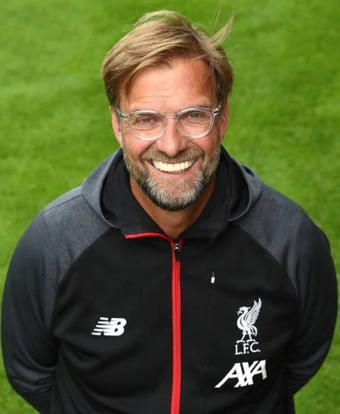
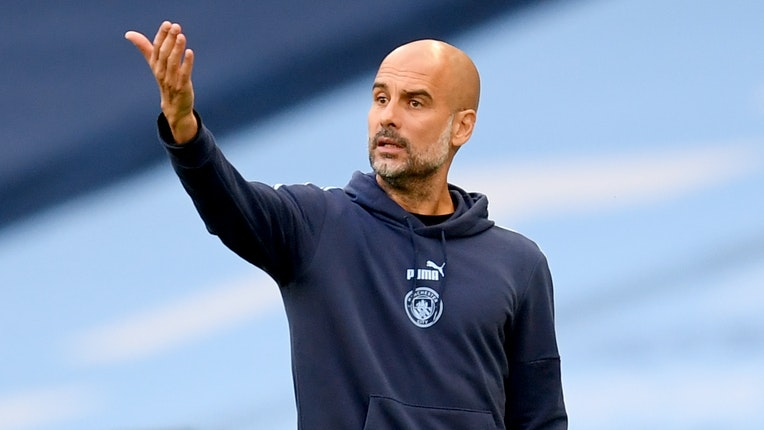

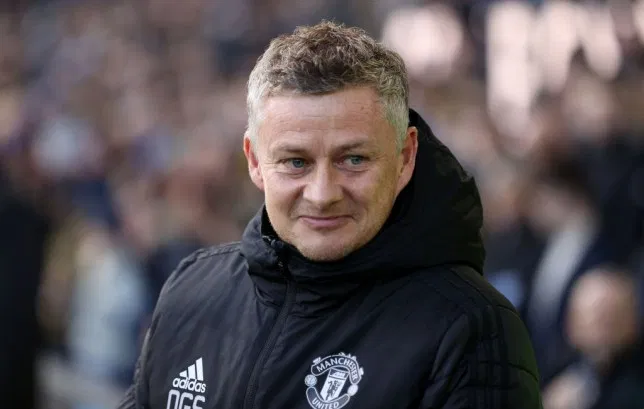
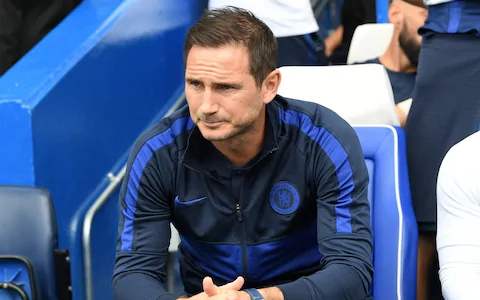
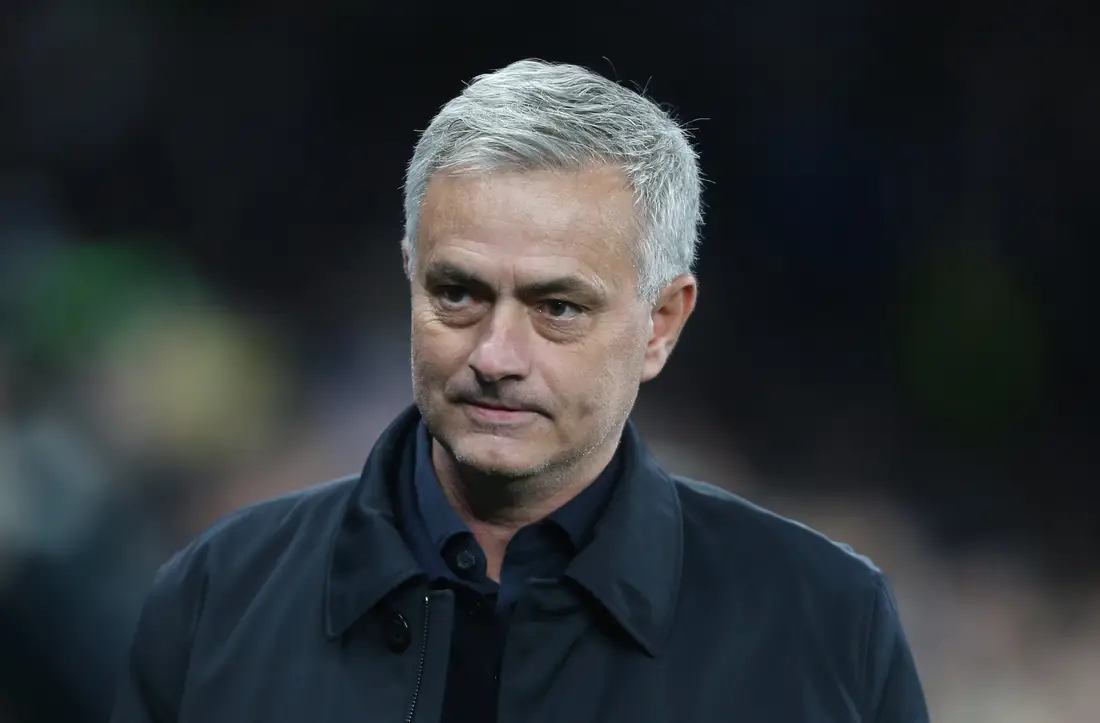
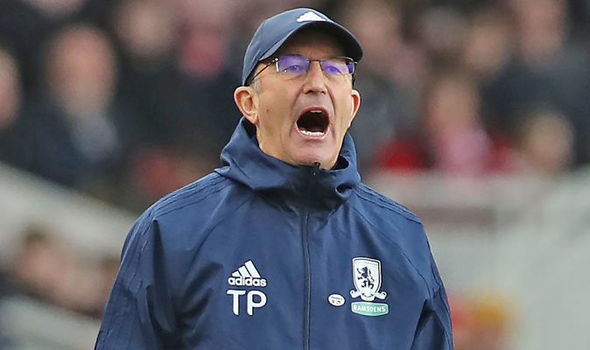


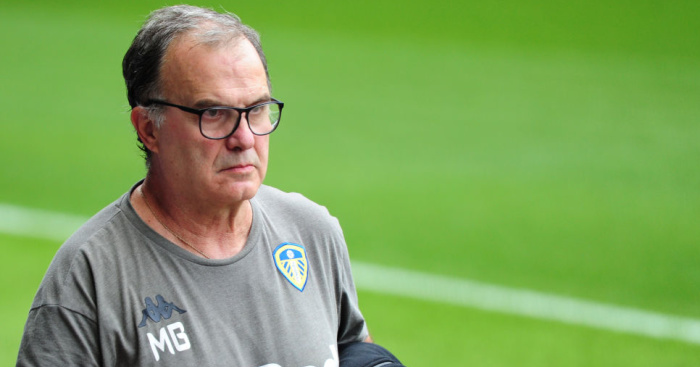
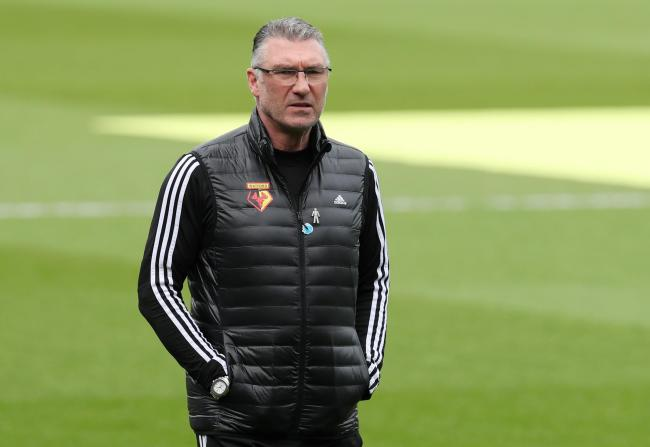
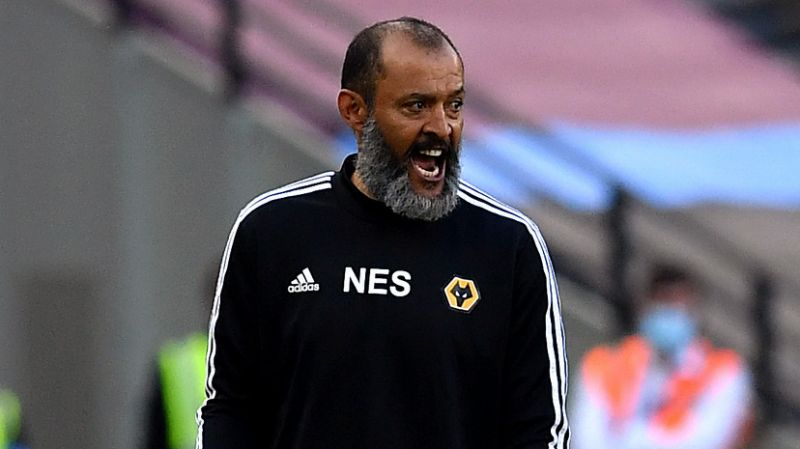
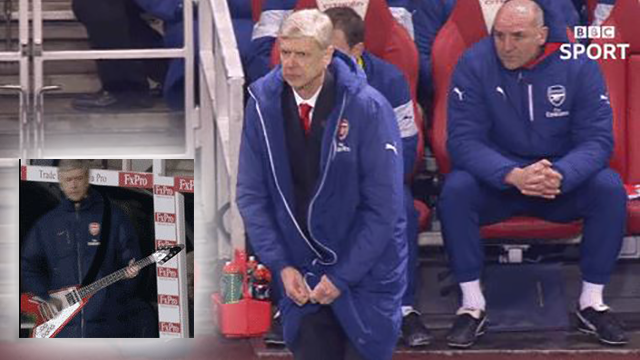
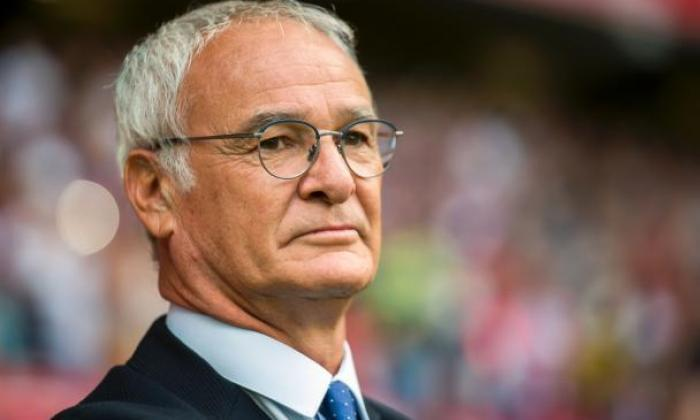
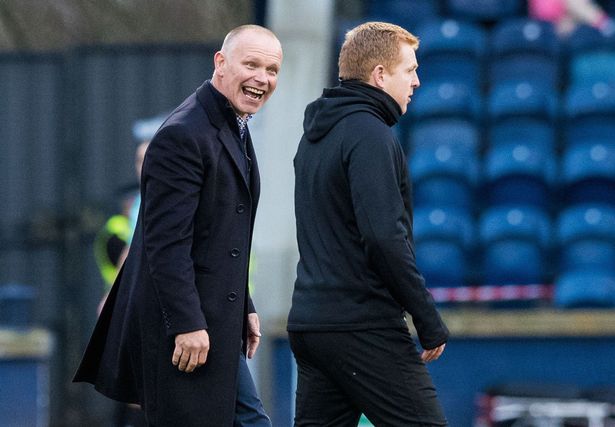 ." title="John Hughes: knows nothing about the method or theory but accepts the review request anyway. Claims the paper is so bad he got an undergrad to write the review (which is BS, he wrote it himself). Wrecks your paper and it takes years to recover https://abs.twimg.com/emoji/v2/... draggable="false" alt="😠" title="Wütendes Gesicht" aria-label="Emoji: Wütendes Gesicht">." class="img-responsive" style="max-width:100%;"/>
." title="John Hughes: knows nothing about the method or theory but accepts the review request anyway. Claims the paper is so bad he got an undergrad to write the review (which is BS, he wrote it himself). Wrecks your paper and it takes years to recover https://abs.twimg.com/emoji/v2/... draggable="false" alt="😠" title="Wütendes Gesicht" aria-label="Emoji: Wütendes Gesicht">." class="img-responsive" style="max-width:100%;"/>
